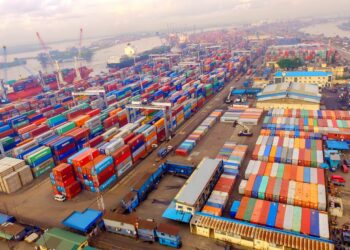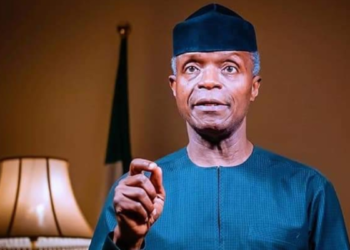Nigeria’s nominal income tax rate is lower than average by African standards, and its Value added tax, which has been the lowest on the continent, and one of the lowest in the world, will still be the lowest in Africa, and one of the lowest in the world when the new value-added tax (VAT) regime comes into place in January 2020. But it might be misleading to think that Nigerians are under-burdened by taxation.
Based on an assertion made by Nobel Laureate, Milton Friedman, that inflation is taxation without legislation, Nigerians may be among the highest burdened by taxation in the world.
According to a report recently released by Bismarck Rewane, the chief executive of Financial Derivatives Company, cumulative inflation over the last five years in Nigeria is -752.92%, whereas wage increase over the last five years is 66.7%. By implication, Nigerians’ wealth is being wiped out by inflation.
This may explain why Nigeria’s income per capita has declined in real terms from $2,719 to $2,236 over the last five years, and the average poverty rate has increased from 33.1 percent in 2014 to 46.7 percent in 2018.
Besides, the tax net in Nigeria seems to be lopsided, overburdening the formal sector and neglecting the informal sector. For example, the cattle rearing community in Nigeria exerts huge pressure on the land and is a major revenue earner in the agriculture sub-sector. However, subsector does not seem to be captured in the federal government’s tax net. Owners of livestock may be on permanent tax holiday.
In Lagos and quite a number of other states in the federation, each day tens of thousands of motor parks exact fees and levies from motorists. With each park collecting more than a hundred thousand naira daily, as ascertained by National Economy, that arguably amounts to billions of naira daily. The billions of naira daily do not go to the federal government. They go to individual pockets, but the billions of naira are exacted from Nigerian commuters. The amounts that go to the thugs are imputed into the cost of transportation of ordinary Nigerians.
Many more avenues of revenue collection may be available to the federal government only if there were proper regulations. As a matter of fact, these private consumers of Nigeria’s many tax outlets are only shortchanging the federal and state governments due to lack of regulation, whereas ordinary Nigerians are groaning under multiple taxations in the form of inflation, negative foreign exchange regime, rents to illegal tax collectors, etc.



